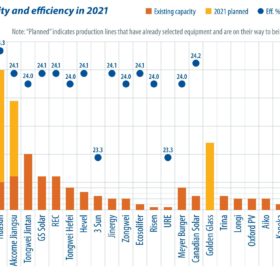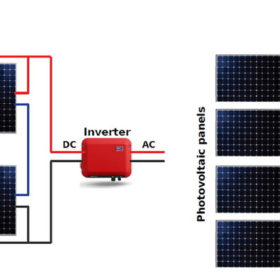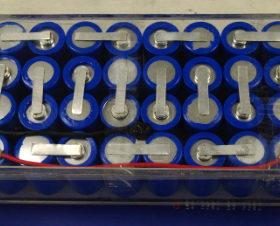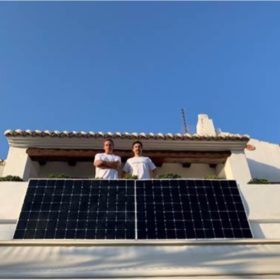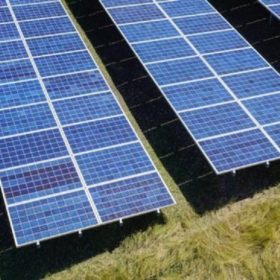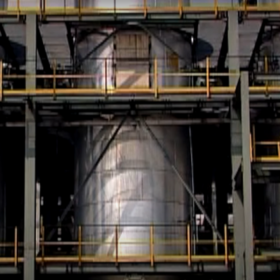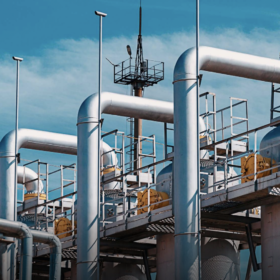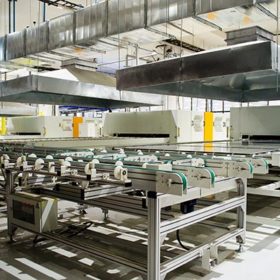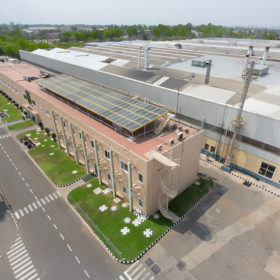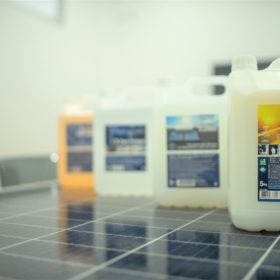Looking past PERC solar cells
While the adoption of large-format wafers has driven a wave of capacity expansion for PERC, existing manufacturers and new entrants continue to evaluate TOPCon and HJT. An increasing number of HJT pilot lines and gigawatt-scale capacity expansion projects are appearing, as manufacturers see the advantages of fewer process steps, higher efficiency ratings, and better yield rates. The localization of equipment is also a driving factor. PV InfoLink’s Derek Zhao offers an update on the latest developments and process routes for HJT.
Micro-inverters vs. string/central inverters
A French research group has compared the performance ratio of 100 PV systems relying on micro-inverters with that of 100 installations relying on string/central inverters. It found the performance ratio is around 79% for both system typologies and that arrays with micro-inverters are more sensitive to environmental factors.
ARCI signs lithium battery technology transfer pact with Nsure
The R&D center under the Department of Science and Technology has indigenously developed lithium battery cells and packs for application in two-wheelers and solar street lamps.
Spanish start-up offers flexible kit for balcony solar power generation with SunPower modules
The kit consists of one or two modules, a microinverter, and a five-meter cable. Thanks to its plug-in technology, it can be connected to any electrical outlet and immediately begin generating electricity.
PV technology roadmap: More work needed to process 210mm wafers
In an update to its annual International Technology Roadmap for Photovoltaics, German engineering association VDMA discusses the readiness level for various technologies in PV cell and module manufacturing, finding that more process development is needed for 210mm wafers – the largest format currently on the market – to match the throughputs that will soon be achievable with smaller formats including 182mm.
Birla Carbon to launch energy storage solutions
The carbon black solutions manufacturer will launch its Conductex i and Conductex e range of products for lithium ion and lead acid battery applications at The Battery Show Europe 2021. With this launch, it aims at reaching out to energy storage market customers in Europe and globally.
Ohmium ships its first ‘made in India’ hydrogen electrolyzer to USA
USA-headquartered Ohmium International, through its subsidiary in India, manufactures modular-interlocking proton exchange membrane (PEM) electrolyzers for hydrogen production. The company aims to make India a nucleus for global hydrogen-based green energy solutions with R&D centers in Silicon Valley (USA) and Bengaluru (India).
Tata Power to set up 4 GW integrated solar manufacturing plant in Tamil Nadu
The company’s solar arm is planning a 4 GW integrated solar PV manufacturing unit with an investment of around INR 3,000 crore (US$403 million).
TVS Motor commits US$161.2 million of electric vehicle investment in Tamil Nadu
The company has signed a memorandum of understanding with the state government to invest INR 1,200 crore for the design, development and manufacturing of new products and capacity expansion in the electric vehicles space.
Detergent for solar module cleaning and protection
Developed and distributed by Portuguese start-up ChemiTek, the detergent is claimed to reduce water consumption by about 50% and increase energy production by up to 5%. The product was recently certified by the German laboratory TÜV Sud, according to the EN 61215 standard.
